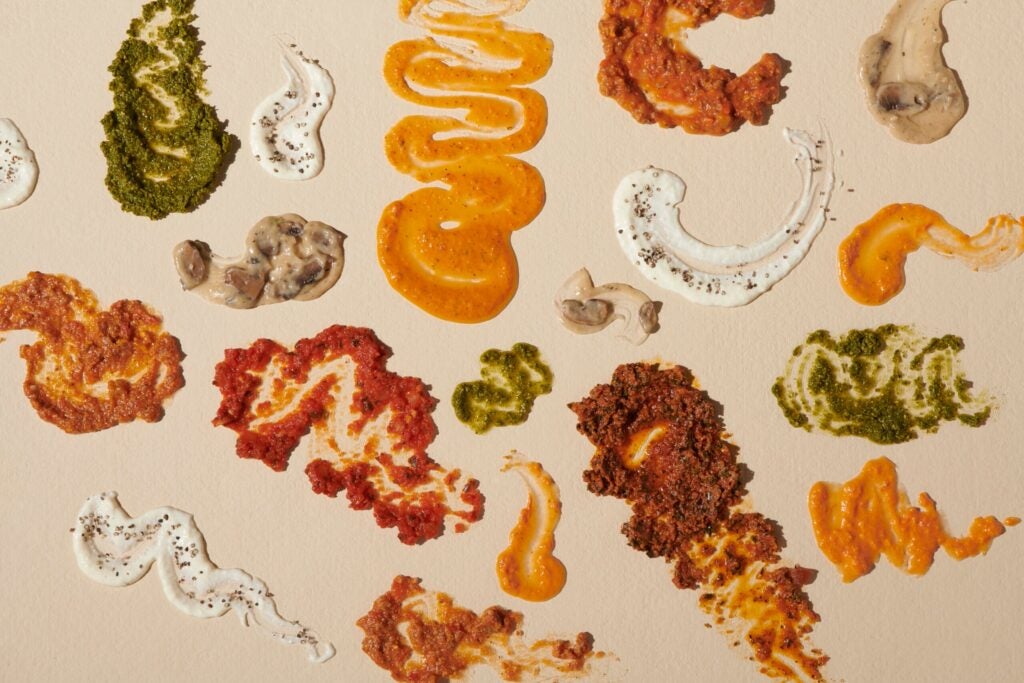At Gordon Food Service, our work is not over once merchandise has been delivered to the customer. We have the success of your business at heart, which is why we want to share some tips on food storage. Proper storage helps increase shelf life of food products, maintain their organoleptic qualities and freshness. In order to correctly store food items, it is paramount to be well organized and mostly to have sufficient storage space. Here are some golden rules in terms of storage which should be respected at all times.
Stock layout
Before your products even arrive, ensure your shelves are at a minimum of 10 cm from the ground to allow air circulation and facilitate cleaning. In a storage area, similar brands should always be located together for easier stock rotation or FIFO (first in first out). Avoid overloading refrigeration and freezer areas and allow air circulation to help maintain accurate temperatures. As much as possible, separate cooked foods from fresh in the refrigerator to avoid cross contamination. If needed, place cooked foods on top of fresh foods.
Verification of storage conditions
First, verify humidity level in the room. Technically, dry items should be stored in a dry storage room to avoid bacteria proliferation. Then, verify storage area cleanliness. You would be surprised to see the amount of fines given by food inspectors on that topic! It is also mandatory to verify storage areas temperatures daily with a calibrated thermometer.
-
Refrigerator : Between 0⁰C and 4⁰C
-
Freezer : -18⁰C and below
Storage time
When you receive your merchandise, verify expiry dates. Damaged goods or expired items must be discarded at time of receipt. However, before discarding products contact your sales representative for credit and improvement purpose. Then, the conservation period will vary depending on the food item. It is important to know which foods require a specific storage type; if you place a food item in the wrong place, it could greatly affect its shelf life. Also try to recognize deterioration signs: unusual colour, smell, or texture.
Did you know?
-
Ideal storage temperature for ice cream is -23⁰C
-
Fresh cheese curds and cheddar cheese can be stored at a maximum temperature of 24⁰C up to 24 hours after being made provided they contain a minimum of 25% of fat and 36% to 44% moisture. After those 24 hours, they must be stored at 1 and 4⁰C.
-
Ground meat cannot be stored for more than 2 days in the refrigerator at 0⁰C to 4⁰C.
-
Canned food should never be stored in a refrigerator (risk of oxidation and rust). Once open, its content must be transferred in clean airtight containers.
-
At room temperature, an egg will lose the same freshness in a few hours as it would during a week in ideal storage conditions.
Knowing how to properly store food items is an asset for your operation. Not only will you better manage food loss, but you will also reduce the risk of food-borne illness. Are you providing the good example when it comes to food storage?










